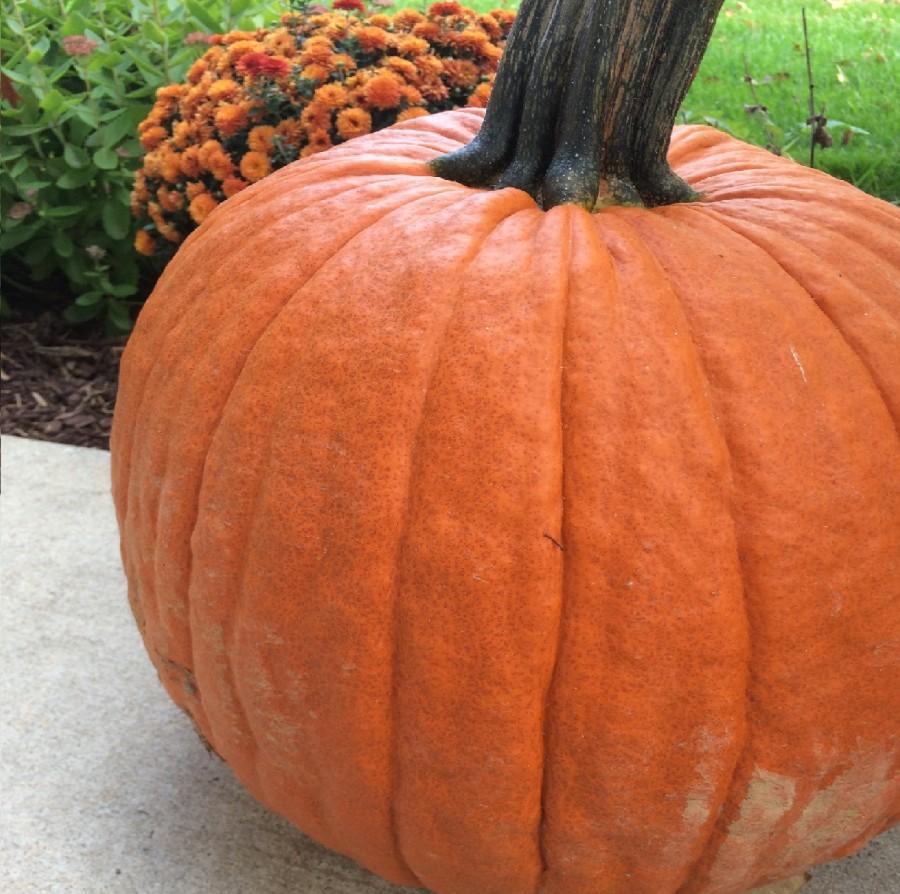Hallow’s Eve or Halloween?
It’s October, and I’m sure that all of you know what that means. It’s the month of Halloween! However, there are ancient lores that many of you may not know about which are behind our traditions on the 31st of the month. To begin, Halloween is actually a shortened form of the name “All Hallows Eve”. In the olden times, it was an European holiday similar to Dia de los Muertos in Mexico, in other words, it was a three day holiday for honoring the dead. It is said to also be a Christianized version of the Celtic harvest festivals with pagan roots.
Let’s talk about a few of the connections that our modern day Halloween still shares with the ancient All Hallows Eve. How about beginning with the ever so popular costumes! Today children, teenagers, and adults alike go around from house to house, decked out in that year’s costume, in exchange for a sweet treat or two. For All Hallows Eve, people used to dress up, but instead of shouting ‘Trick or Treat!’, they sang a song or hymn in exchange for food. Actually, the saying ‘Trick or Treat’ in and of itself is a reference to the olden times. ‘Trick’ signifies the ‘threat’ that homeowners would fear, which was anything from harmless pranks to a full on haunting. Also, the costumes, instead of being bright, colorful, and cheerful like they are today, were usually dark and scary, as they were actually supposed to be used to frighten away demons and malicious spirits.
So think about it, trick-or-treating should not be considered childish, as it has a true purpose behind it, one that protected the homes of those who participated in going from house to house in costume, scaring off the demons and getting a treat as a reward. So, now that you have a general idea of what happens on All Hallows Eve, I shall ask you: “Are you sure that you don’t want to go trick or treating this year?”


